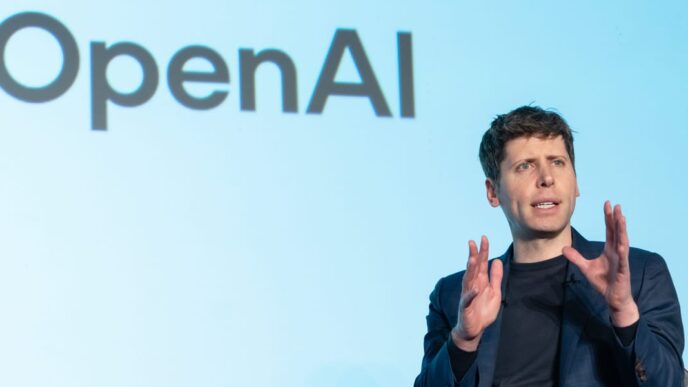MIT study finds AI chatbots lower brain activity and harm fact retention
A new preprint from MIT shows using AI chatbots like OpenAI’s GPT-4o cuts brain activity by up to 55% compared to writing unaided. The experiment tracked Boston-area college students wearing EEG headsets tasked with writing essays. One group wrote solo, another used search engines, and a third used GPT-4o. The process repeated over several months.
Brain activity patterns dropped the most in the AI-assisted group and least in the solo writers. Search engine users fell in between, showing 34-48% less cognitive connectivity. The MIT researchers measured brain activity using Dynamic Directed Transfer Function (dDTF), which tracks information flow in brain networks related to executive function and attention.
The results suggest heavy reliance on AI reduces the mental effort involved in info processing and leads to poorer memory recall of written content.
A look at brain activity in the three study cohorts (left to right: LLM, search and brain groups); the redder the colors, the more active the dDTF magnitude:
Dr. Nataliya Kosmyna, lead scientist, stated:
"The Brain-only group leveraged broad, distributed neural networks for internally generated content,"
"The Search Engine group relied on hybrid strategies of visual information management and regulatory control; and the LLM group optimized for procedural integration of AI-generated suggestions.""The LLM group’s participants performed worse than their counterparts in the Brain-only group at all levels."
The study’s fourth session swapped groups: those used to AI support faltered without it, highlighting dependency risks.
"In Session 4, removing AI support significantly impaired the participants from original LLM group,"
"The so-called Brain-to-LLM group exhibited significant increase in brain connectivity across all EEG frequency bands when allowed to use an LLM on a familiar topic."
MIT researchers warn early AI use during learning leads to shallow knowledge encoding and advise delaying AI integration:
"Taken together, these findings support an educational model that delays AI integration until learners have engaged in sufficient self-driven cognitive effort,"
"Such an approach may promote both immediate tool efficacy and lasting cognitive autonomy."
Kosmyna emphasized caution: the study is not yet peer-reviewed and serves as a preliminary guide. The team’s next project will analyze AI’s impact on coding tasks using natural language prompts.
The findings raise major questions about AI’s role in education and cognitive health as tools like GPT become ubiquitous.
Read the full preprint and analysis at brainonllm.com.












